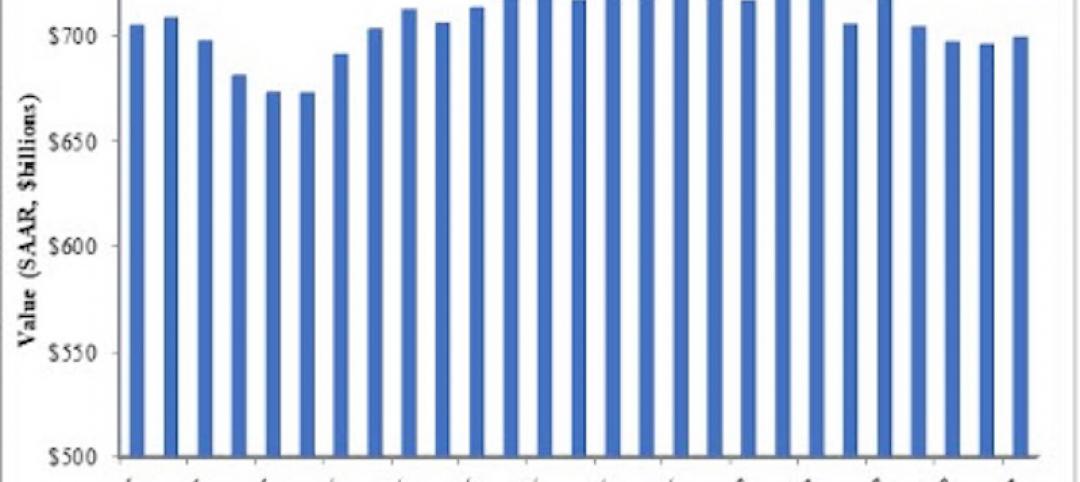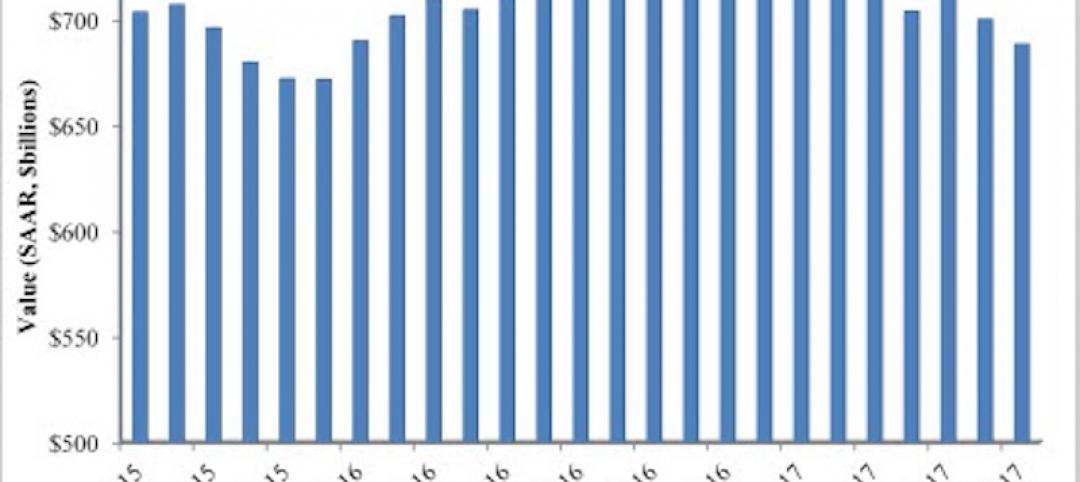Altus Group Limited (“Altus Group”) (TSX: AIF), a provider of software, data solutions and independent advisory services to the global commercial real estate industry, recently released the Altus Group Real Estate Development Trends Report, which provides an outlook of a global property development industry being hit by rapid change from disruptive market forces that did not exist a few years ago or have evolved substantially.
According to the report, which is based on a global survey of more than 400 property development executives, 68% said cost escalation is the biggest business challenge they are facing over the next five years. Several related factors account for this, which in combination are creating a ‘domino effect’ for developers:
- 34% of developers view cross-border trade policy as having a negative impact on the industry as uncertainty continues about future implications stemming from international tariffs and trade agreements
- 65% of developers are facing challenges with labour shortages, which are exacerbated by government policy and booming demand
- 60% of developers are concerned about the development approval process which is often complex and protracted
“It’s clear from the report that the global development sector is facing an increasingly complex set of challenges and rapid change, from escalating construction costs through to a sea-change in the development financing environment,” said Bob Courteau, Chief Executive Officer, Altus Group. “However, development leaders clearly see significant opportunities to manage risk and take advantage of changing conditions through a number of future-ready strategies including investments in technology and performance management along with consideration of new ways of managing and financing projects.”
When asked about the impact of emerging technologies on the property development industry, many respondents expressed a significant degree of uncertainty around some technologies that are experiencing successful application and adoption in other industries. Only a minority of respondents recognized a potential for major disruptive change with certain technologies:
- 3D printing – 65% see little to no impact / 16% anticipate major disruptive change
- Process automation – 56% see little to no impact / 22% anticipate major disruptive change
- Augmented reality/Virtual reality – 45% see little to no impact / 20% anticipate major disruptive change
Development industry leaders seem to have significant reservations about the potential impact of 3D printing, a rapidly evolving technology which is already being applied successfully to smaller scale development projects in countries such as China, Netherlands and USA.
Respondents, however, appeared to acknowledge the potential of more established technologies. Smart building technologies were regarded as the most disruptive, with 49% expecting major disruptive changes, and 42% anticipating a significant impact on efficiencies and how development is conducted.
Finally, the report also indicated a decade-on shift since the financial crisis in financing patterns, away from traditional and institutional lending, with 82% of respondents reporting they were utilizing at least one source of alternative financing while 46% are using traditional or institutional financing. Further, over 45% indicated they were considering, planning or utilizing some form of alternative financing exclusively.
This shift has coincided with a rapidly expanding range of financial options and sources coupled with a substantial increase in global capital inflow into real estate in recent years. Many alternative lenders and private funds have actively positioned themselves toward the space of traditional lenders, with investors increasingly seeing real estate as an income source as well as an opportunity for premium returns on the equity and joint venture structure side. In addition, there has been an increase and acceleration in the adoption and utilization of real estate joint ventures with 62% of development executives indicating they are considering entering into partnerships or joint ventures.
Related Stories
Market Data | Nov 2, 2017
Construction spending up in September; Down on a YOY basis
Nonresidential construction spending is down 2.9% on a year-over-year basis.
Market Data | Oct 19, 2017
Architecture Billings Index backslides slightly
Business conditions easing in the West.
Industry Research | Oct 3, 2017
Nonresidential construction spending stabilizes in August
Spending on nonresidential construction services is still down on a YOY basis.
Market Data | Sep 21, 2017
Architecture Billings Index continues growth streak
Design services remain in high demand across all regions and in all major sectors.
Market Data | Sep 21, 2017
How brand research delivers competitive advantage
Brand research is a process that firms can use to measure their reputation and visibility in the marketplace.
Contractors | Sep 19, 2017
Commercial Construction Index finds high optimism in U.S. commercial construction industry
Hurricane recovery efforts expected to heighten concerns about labor scarcities in the south, where two-thirds of contractors already face worker shortages.
Multifamily Housing | Sep 15, 2017
Hurricane Harvey damaged fewer apartments in greater Houston than estimated
As of Sept. 14, 166 properties reported damage to 8,956 units, about 1.4% of the total supply of apartments, according to ApartmentData.com.
Hotel Facilities | Sep 6, 2017
Marriott has the largest construction pipeline of any franchise company in the U.S.
Marriott has the most rooms currently under construction with 482 Projects/67,434 Rooms.
Market Data | Sep 5, 2017
Nonresidential construction declines again, public and private sector down in July
Weakness in spending was widespread.
Market Data | Aug 29, 2017
Hidden opportunities emerge from construction industry challenges
JLL’s latest construction report shows stability ahead with tech and innovation leading the way.

















